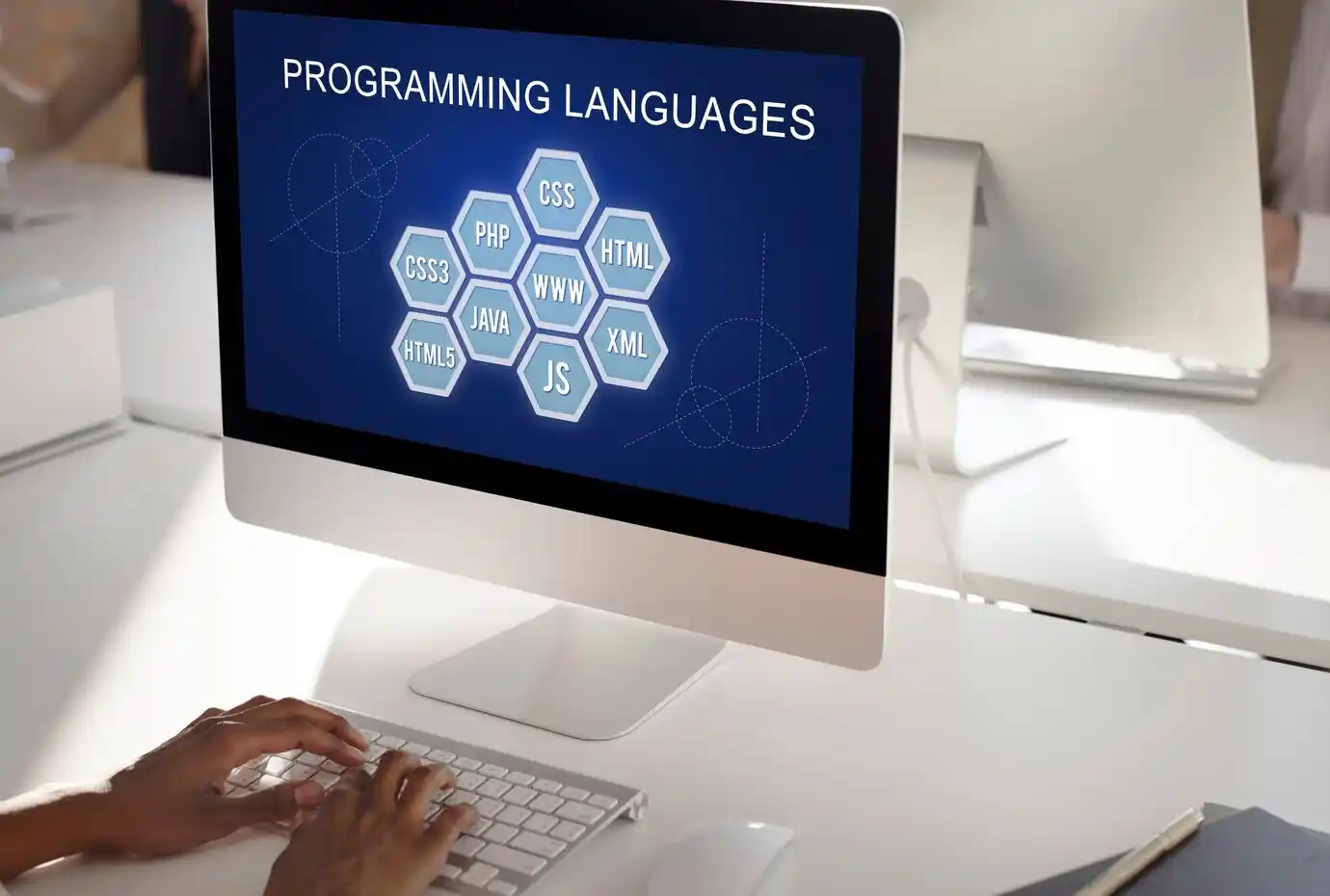The Education Blog

Soft Skills vs Hard Skills: Which Are More Important?
In this day and age, where we live in various fields in the job market, professionals are constantly torn on whether they must focus more on technical skills or get better at their social skills or interpersonal skills. In today’s world, the debate of soft skills vs hard skills has become more relevant as industries change and employers look for a well-rounded workforce.
While hard skills can be measured and are often job-specific, soft skills are personal attributes that enable you to succeed in workplace interactions. The reality, however, is that both are important for workplace success, and the right balance can make a world of difference to your career growth,
In this article, we will take a closer look at soft skills vs hard skills, their importance for various professions, and tips to develop these essential job skills to boost your career prospects.
What Are Hard Skills?

Hard skills can be taught, measured and proven; hard skills are often called technical skills or industry-specific knowledge. Such skills are typically learned through some form of formal education, training, or on-the-job experience.
Examples of Hard Skills:
- Coding and programming languages (e.g., Python, Java, C++)
- Data analysis and statistical modelling
- Graphic design and video editing
- Foreign language proficiency
- Financial accounting and bookkeeping
- Digital marketing and SEO
- Engineering and scientific research
- Machine operation and technical repairs
How to Develop Hard Skills:
- Take Online Courses & Certifications – Platforms like Coursera, Udemy, and LinkedIn Learning offer courses in various hard skills.
- Gain Hands-On Experience – Internships, freelance work, and side projects can help you apply technical knowledge in real-world scenarios.
- Stay Updated with Industry Trends – Follow industry blogs, attend webinars, and read white papers to keep your skills current.
- Seek Mentorship – Learning from experienced professionals can accelerate skill development and provide insights into best practices.
What Are Soft Skills?
Soft skills, also known as interpersonal or people skills, relate to how you interact with others in the workplace. Unlike hard skills, soft skills are harder to quantify but are just as crucial for career success.
Examples of Soft Skills:
- Communication and active listening
- Leadership and team management
- Emotional intelligence and empathy
- Adaptability and problem-solving
- Conflict resolution and negotiation
- Time management and organisation
- Creativity and innovation
- Work ethic and reliability
How to Develop Soft Skills:
- Improve Communication Skills – Engage in public speaking, writing exercises, and active listening techniques.
- Practice Emotional Intelligence – Develop self-awareness, empathy, and interpersonal relationships through mindfulness and reflection.
- Engage in Team Activities – Join team projects, networking groups, or volunteer organisations. This will help to build collaboration skills.
- Seek Constructive Feedback—Ask colleagues, mentors, and supervisors for feedback. This will help you focus on your areas for improvement.
- Learn Conflict Resolution Strategies – Know how to handle workplace disagreements well and professionally.
Soft Skills vs Hard Skills: Key Differences
To better understand the distinction between these two skill sets, let’s compare them side by side:
| Feature | Hard Skills | Soft Skills |
| Definition | Technical abilities and knowledge | Interpersonal and emotional skills |
| Measurement | Can be tested and quantified | Difficult to measure objectively |
| How They Are Acquired | Formal education, training, hands-on experience | Personal development, social interactions, practice |
| Importance | Essential for performing job-specific tasks | Crucial for collaboration, leadership, and workplace relationships |
| Examples | Coding, financial analysis, data science | Communication, teamwork, adaptability |
Both types of skills complement each other. A software developer, for example, needs programming expertise (hard skills) and teamwork and communication skills (soft skills) to collaborate effectively with colleagues and clients.
Why Both Hard and Soft Skills Matter for Workplace Success

The most successful professionals are those who integrate both hard skills and soft skills into their careers. Here’s why both are essential:
1. Hard Skills Get You Hired, Soft Skills Help You Succeed
- When applying for a job, employers look at technical qualifications and certifications.
- Once hired, employees with strong soft skills, such as leadership and teamwork, tend to excel and climb the corporate ladder faster.
2. The Rise of Automation and AI
- Many hard skills are now automated. This makes soft skills like creativity, problem-solving, and emotional intelligence more valuable than ever.
- Employers want candidates who can think critically, communicate clearly, and adapt to change.
3. Customer and Client Relations Depend on Soft Skills
- Whether in sales, customer service, or consulting, relationship-building is crucial for success.
- Clients appreciate professionals who listen, empathise, and provide solutions beyond technical expertise.
4. Teamwork and Leadership Are Built on Soft Skills
- Even highly technical jobs require collaboration.
- Managers and executives prioritise employees who demonstrate emotional intelligence, motivation, and leadership potential.
Industries Where Soft Skills Matter Most
While every industry benefits from a mix of soft skills and hard skills, some fields place a stronger emphasis on interpersonal abilities.
1. Customer-Facing Roles
- Sales and Retail
- Hospitality and Tourism
- Public Relations and Communications
2. Leadership and Management
- Human Resources
- Executive and Senior Management
- Project Management
3. Creative Fields
- Marketing and Advertising
- Media and Entertainment
- Writing and Content Creation
In contrast, technical fields such as IT, engineering, and finance tend to prioritise hard skills. However, professionals in these industries who also excel in soft skills often advance faster than their peers.
How to Strike the Right Balance Between Soft and Hard Skills
Achieving a balance between soft skills vs hard skills requires continuous learning and self-improvement. Here’s how you can develop both simultaneously:
1. Create a Personal Development Plan
- Identify your career goals and assess which skills you need to improve.
- Allocate time for both technical training and soft skill enhancement.
2. Take a Blended Learning Approach
- Enrol in courses that combine technical training with leadership and communication modules.
- Look for workshops or certifications that emphasise holistic development.
3. Gain Practical Experience
- Apply hard skills in real-world settings through internships or freelancing.
- Develop soft skills by engaging in group projects and leadership roles.
4. Seek Professional Development Opportunities
- Attend industry conferences, networking events, and mentorship programmes.
- Join professional organisations where you can practise both skill sets.
Conclusion: The Future of Workplace Success Depends on Both

The hard vs soft skills debate isn’t about choosing one over the other. It’s about understanding how they complement each other. As jobs change quickly, new top skills are still key for employees to look for. However, it’s the soft skills—like communication and teamwork—that set professionals apart.
For workplace success, you need to keep improving both skill sets. Employers want workers who can handle technical tasks efficiently while fostering good relationships.
By developing both essential job skills, you’ll boost your career prospects and become an invaluable asset in any industry.
Start investing in both today and take charge of your professional growth!









